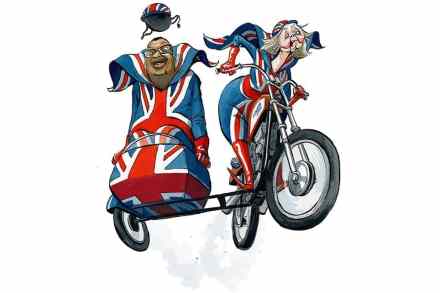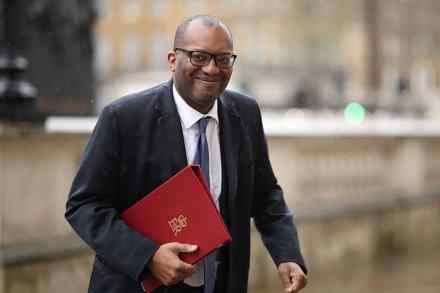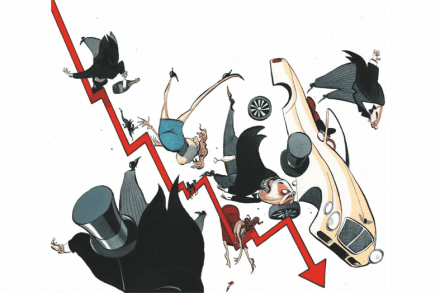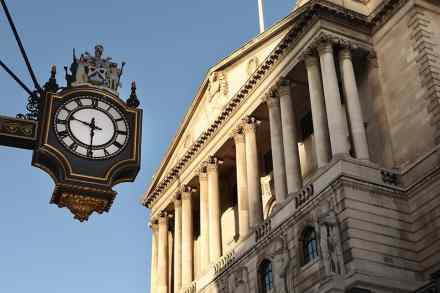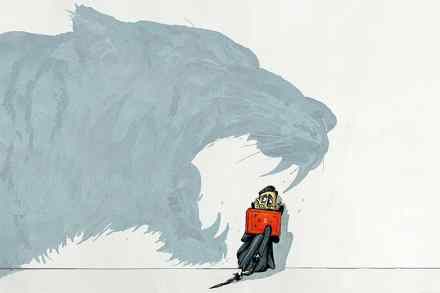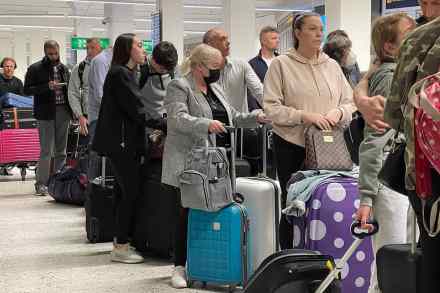Truss’s energy bailout is eye-watering
The government will announce tomorrow that it will cover the costs of more than £1 in every £3 of gas consumed by businesses and households over the next six months. There has been no subsidy of a market price on this scale in British history. Estimates of the final bill for taxpayers range from £100 billion to £200 billion, or more than the annual cost of running the NHS – if the scheme for households lasts for two years, as promised, and the separate one for all businesses runs for six months, to be followed by a less ambitious business scheme for another 18 months. This is a subsidy of more


